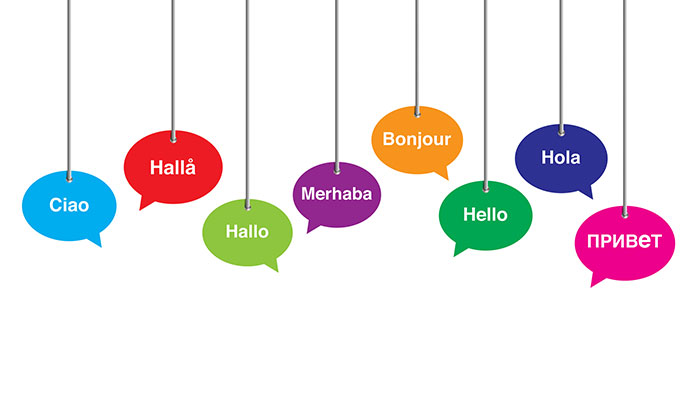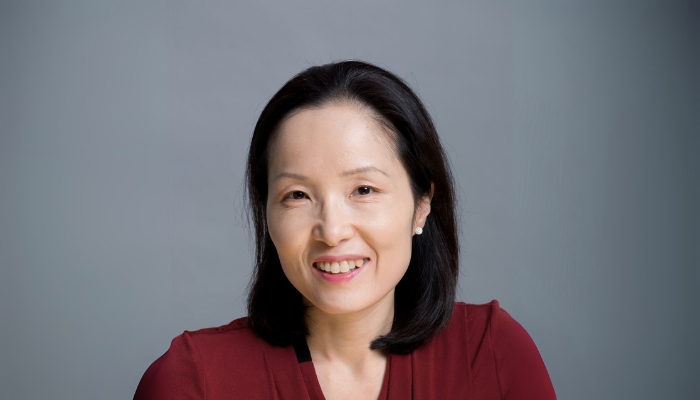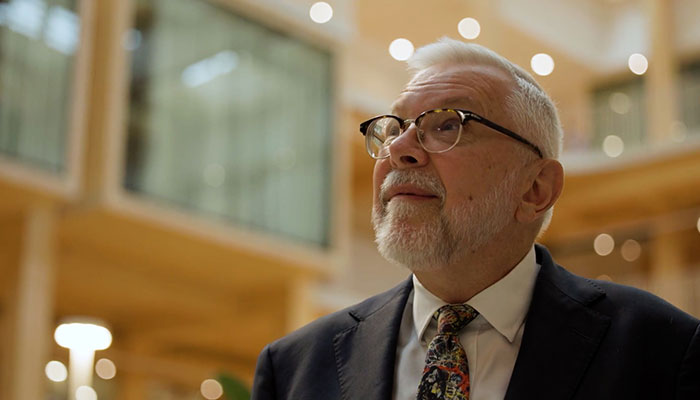In her new book based on analysis of interviews with 67 healthcare interpreters in Australia, Macquarie University linguistics researcher Dr Jinhyun Cho suggests that many clinicians don’t sufficiently understand or appreciate the skills and value of qualified interpreters.

“My research suggests a lack of awareness and understanding leads to interpreters being underutilised or used in ways that undermine their potential effectiveness,” says Dr Cho.
“As a result, healthcare access for a huge number of people without functional English is limited, and that can have a real cost in terms of health outcomes.”
Australia was regarded as a world pioneer in the provision of interpreting services in the 1970s when multiculturalism was first enthusiastically embraced.
Dr Cho says her research shows an English “monolingual mindset" still prevails in many areas of public life including healthcare institutions.
Access to qualified interpreting services really is a basic human right and an essential tool for enabling healthcare equity and social inclusion.
Assuming someone with basic conversational English can understand medical English in a stressful and unfamiliar setting may be unsafe, she says.
“There’s also a very common misconception that anyone who knows two languages can be an interpreter,” Dr Cho says.
“Many healthcare interpreters told me stories of non-clinical staff like receptionists and cleaners being used as ad hoc interpreters simply because they are bilingual and are there on the spot.”
Previous Australian research has shown that bilingual family members are frequently expected to act as interpreters, and sometimes this is neither culturally appropriate nor effective.
Tragic case study
In her book, Dr Cho relates a case study of a 35-year-old Afghan refugee who presented to a general practice with a painful left leg with her young daughter as “interpreter”.
Suspecting deep vein thrombosis (DVT), the doctor told the patient she might have a serious blood clot in her leg and gave her a referral for an ultrasound examination at the local hospital.
However, the need for urgency was lost in translation and mother and daughter decided to wait until another family member more proficient in English could read and explain the letter and written information provided.
Tragically, two days later part of the clot dislodged and found its way to her lungs, and she died from pulmonary embolism.
While not all interpreting scenarios have life-or-death consequences, skilled interpreters need to have the ability to instantly comprehend and express culturally contextualised meaning from one language into another, Dr Cho says.
Mental health conditions like depression, for example, may be stigmatized, referred to only euphemistically, or even dismissed as non-existent in some cultures.
Cancer may be so feared in a culture as to be “unmentionable” to the patient.
And cultural differences in understandings of diseases and syndromes can make some concepts and terminology essentially “untranslatable”.
The clinic environment and time constraints can also place stress on clinicians, patients and interpreters.

Slow progress: Dr Jinhyun Cho, pictured, says the organised health interpreting field in Australia is still battling long-standing challenges that were first identified in the 1970s.
In telephone interpreting in particular, background noise, poor audio quality and the absence of non-verbal language cues can all reduce communication effectiveness.
Yet when communication problems occur, the cause tends to be attributed to the interpreter rather than the broader situation, says Dr Cho.
It turns out none of this is new. Dr Cho says she was “shocked” when she looked back nearly 50 years to research conducted at the University of New South Wales in the early days of organised healthcare interpretation in Australia.
“Many of the issues and challenges raised by the healthcare interpreters I spoke to are exactly the same as those faced by interpreters in the late 1970s,” Dr Cho says.
“While Australia has achieved a lot in terms of establishing the interpreting network and system, we haven’t progressed very far in recognising the importance of interpreting and optimising its value.”
- The lower back treatments with long-term benefits: new review
- Please explain: Do women sleep differently than men?
Now, as it was in the 1970s, the answer is to improve education for health professionals.
“Healthcare interpreters in Australia are trained to work with health professionals and need to regularly update their medical knowledge as part of their professional recertification requirements,” Dr Cho says.
“But health professionals are rarely trained in when and how to work with interpreters.
“Access to qualified interpreting services really is a basic human right and an essential tool for enabling healthcare equity and social inclusion.”
Dr Jinhyun Cho is Senior Lecturer in the Department of Linguistics at Macquarie University. Her book Multilingual Practices and Monolingual Mindsets: Critical Sociolinguistic Perspectives on Health Care Interpreting is published by Routledge.



